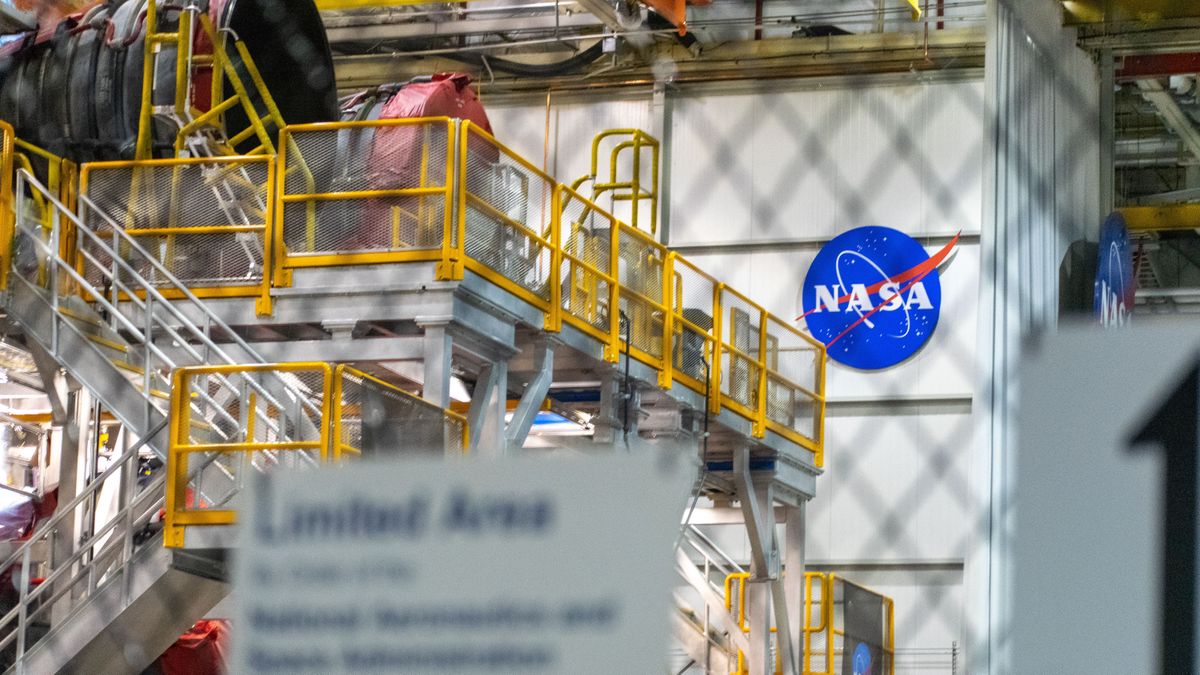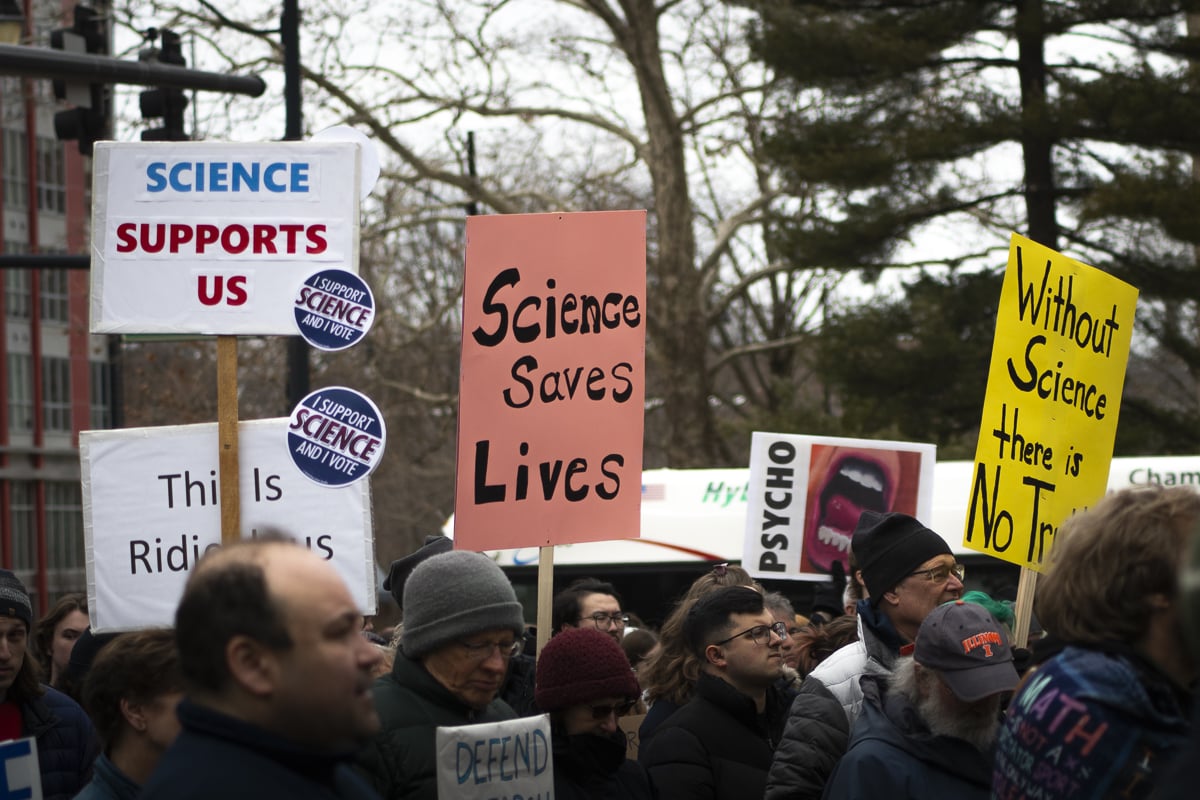
Research in Peril: How Trump's Budget Slashes Brazil's Scientific Lifeline
Recent funding cuts by the United States are casting a long shadow over international health research, with particularly significant implications for Brazilian universities and scientific collaboration. Researchers across the Global South are now advocating for stronger regional partnerships to mitigate the potential damage caused by reduced American research support. The dramatic reduction in US-funded research partnerships threatens to disrupt critical scientific networks that have traditionally driven innovative health research in developing countries. Brazilian academic institutions, which have long benefited from collaborative research programs, are finding themselves at a crossroads, forced to seek alternative funding and collaboration strategies. Leading researchers are emphasizing the importance of strengthening inter-regional cooperation among Global South nations. By creating more robust networks of scientific exchange and joint research initiatives, countries like Brazil can potentially offset the impact of diminishing US research investments. These challenges underscore the growing need for resilient, self-sustaining research ecosystems that are less dependent on single-source international funding. Universities and research institutions are now exploring creative approaches to maintain scientific momentum, including increased regional funding, collaborative grant applications, and strategic international partnerships. As the landscape of global scientific research continues to evolve, the ability of countries like Brazil to adapt and innovate will be crucial in maintaining their research capabilities and contributing to global scientific knowledge.









